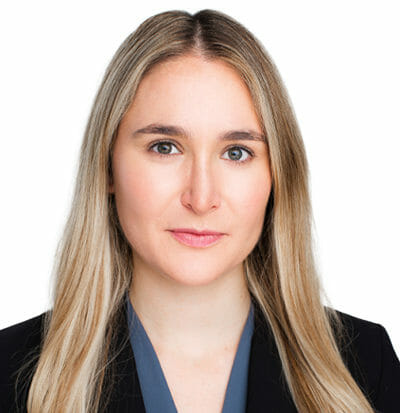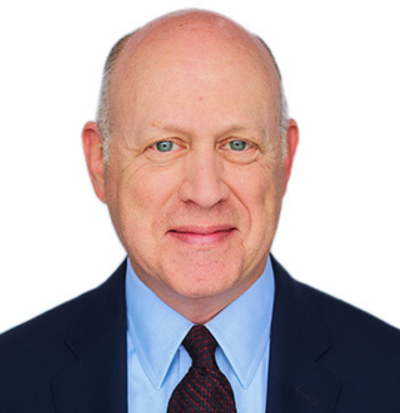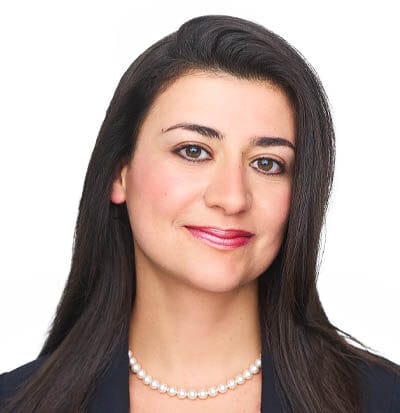Rimini Street, Inc. v. Oracle USA, Inc., 139 S.Ct. 873 (2019)
Section 505 of the Copyright Act permits a court to award “full costs.” The general federal statute governing awards of costs specifies six categories of litigation expenses that qualify as “costs:” (1) fees of the clerk and marshal; (2) fees for the court reporters; (3) fees and disbursements for printing and witnesses; (4) fees for copies of materials used in the case; (5) docket fees; and (6) compensation of court-appointed experts and translators. See 28 U.S.C. §§ 1821, 1920.
The U.S. Supreme Court granted certiorari in this case to decide whether the Copyright Act’s reference to “full costs” authorizes a court to award litigation expenses beyond the six categories of costs specified in the general costs statute. In an unanimous decision, the Supreme Court held it does not.
Oracle sued Rimini and its CEO for copyright infringement and prevailed after a jury trial. The jury awarded several categories of damages to Oracle, as well as attorneys’ fees and costs. In addition, the district court ordered the defendants to pay Oracle $12.8 million for litigation expenses, such as expert witnesses, e-discovery, and jury consulting. It was this $12.8 million award that was in dispute on appeal since the award covered expenses not included in the six categories noted above. Relying on its own precedent, the Ninth Circuit held that “full costs” in the Copyright Act was not confined to the six categories of costs in the general costs statute.
The Supreme Court disagreed. Justice Kavanaugh explained that Sections 1821 and 1920 create a “default rule” and courts may not award expenses beyond the six categories absent an explicit statutory authority from Congress. Here, the Copyright Act does not contain any such explicit authorization.
Oracle made three arguments to sustain its $12.8 million award, but the Supreme Court found each one unpersuasive. First, Oracle argued that the word “full” before “costs” authorizes an award beyond those costs specified in Sections 1821 and 1920. The Supreme Court disagreed with Oracle’s statutory interpretation. Justice Kavanaugh explained that the term “full” is a term of quantity or amount, and therefore it does not alter the meaning of the word “costs.” Rather, “full costs” simply means all the costs that are otherwise available under the law.
Second, Oracle argued that the term “full costs” is a “historical term of art” that encompasses more than the six categories in the general costs statute. Specifically, Oracle argued that the 1831 Copyright Act borrowed the phrase “full costs” from English copyright statutes, which allowed an award of all litigation expenses, and that the meaning in the 1831 statute overrides the later cost statutes. The Supreme Court rejected Oracle’s historical analysis because its precedent dictated that Sections 1821 and 1920 apply regardless of when the individual subject-specific statute was enacted.
In any event, according to the Supreme Court, Oracle’s historical argument failed on its own terms. The Supreme Court found that Oracle had not demonstrated that the phrase “full costs” covered all litigation expenses in 1831. Indeed, Rimini argued and Oracle did not refute that none of the more than 800 available copyright decisions awarding costs from 1831 to 1976 awarded expenses other than those specified by the applicable cost statutes of the time.
Oracle’s final argument was that the Supreme Court’s interpretation of “full costs” makes the term “full” unnecessary. The Supreme Court explained that Oracle’s interpretation would create its own redundancy problem. That is, if “full costs” covered all litigation expenses, then there would be no need for the second sentence of Section 505 of the Copyright Act, which allows a court to award attorneys’ fees. Moreover, the Supreme Court noted that redundancy was not a “silver bullet” and sometimes the better reading of a statute contains redundancy.
The Supreme Court’s decision makes clear that parties in copyright litigation can recover only the six categories of costs noted above. This means that some of the more significant costs in litigation, such as expert witnesses and e-discovery costs, are not recoverable. –EW


















































